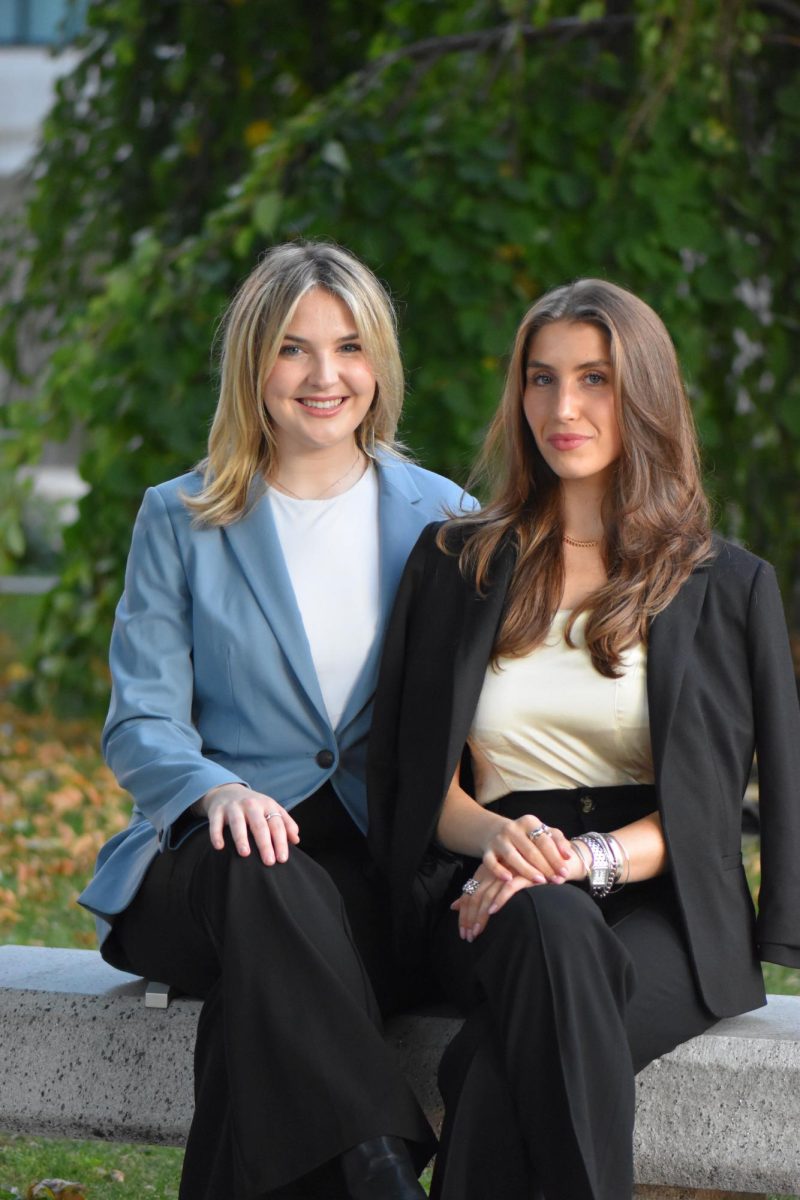Styles are brought about by other influences, such as foreign culture, cinema, music and literature. Speaking of culture, our next Man on the Street displays an appreciation of all things fashionable that bring her back to her roots from her homeland. Araba Panford, who was born in Ghana and relocated to Boston 17 years ago, cites her heritage and icons of American sportswear as an attribution for her style of dress. Araba was spotted wearing a long black coat with a jarring baby blue Adidas handbag that accentuated her outfit and completed her classy, sporty look. Araba is a senior psychology major who enjoys hanging out with her friends and causing problems in her spare time.
The Northeastern News: Is fashion important to you?
Araba Panford: No, it is not important, I think if you do not focus on fashion, then you have a better chance of expressing yourself in your own individual way.
The News: You mentioned before that you were from Ghana. Do you see western influences in the way people dress in Ghana?
Panford: Yes, as for fashion designers, they have made their mark in Ghana. You can’t just wear any pair of jeans, you need the designer jeans.
The News: Do you feel that fashions from Ghana are being worn in the U.S.?
Panford: I see more African Americans are trying to become more afro-centric, so more African influence could be seen in styles. You see more head wraps and more natural hairstyles.
The News: Do you think that is important in fashion today?
Panford: I think it is great, it is excellent and needed.
The News: Is there a specific designer whose work you enjoy?
Panford: I enjoy Dolce ‘ Gabbana, their stuff is just very different, it looks very cool, and a lot of the stuff I could see people wearing on the street. With other fashion designers, some of the stuff is just freaky for no reason and is on the runway and that is just it.
The News: So, do you think fashion should be more wearable or more expressive?
Panford: I think fashion should be more expressive, because in the real world people are wearing things that are more wearable. I’m sure that if people could express themselves the way they wanted to then we would see some really weird, weird stuff.
— Margarita Neplokh









